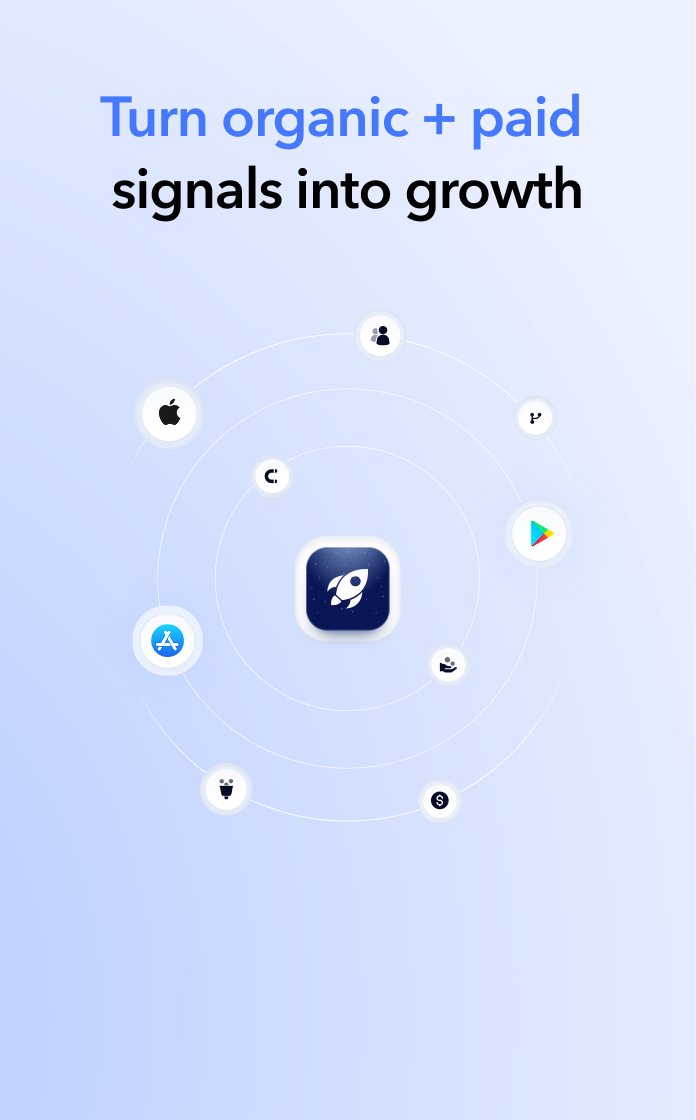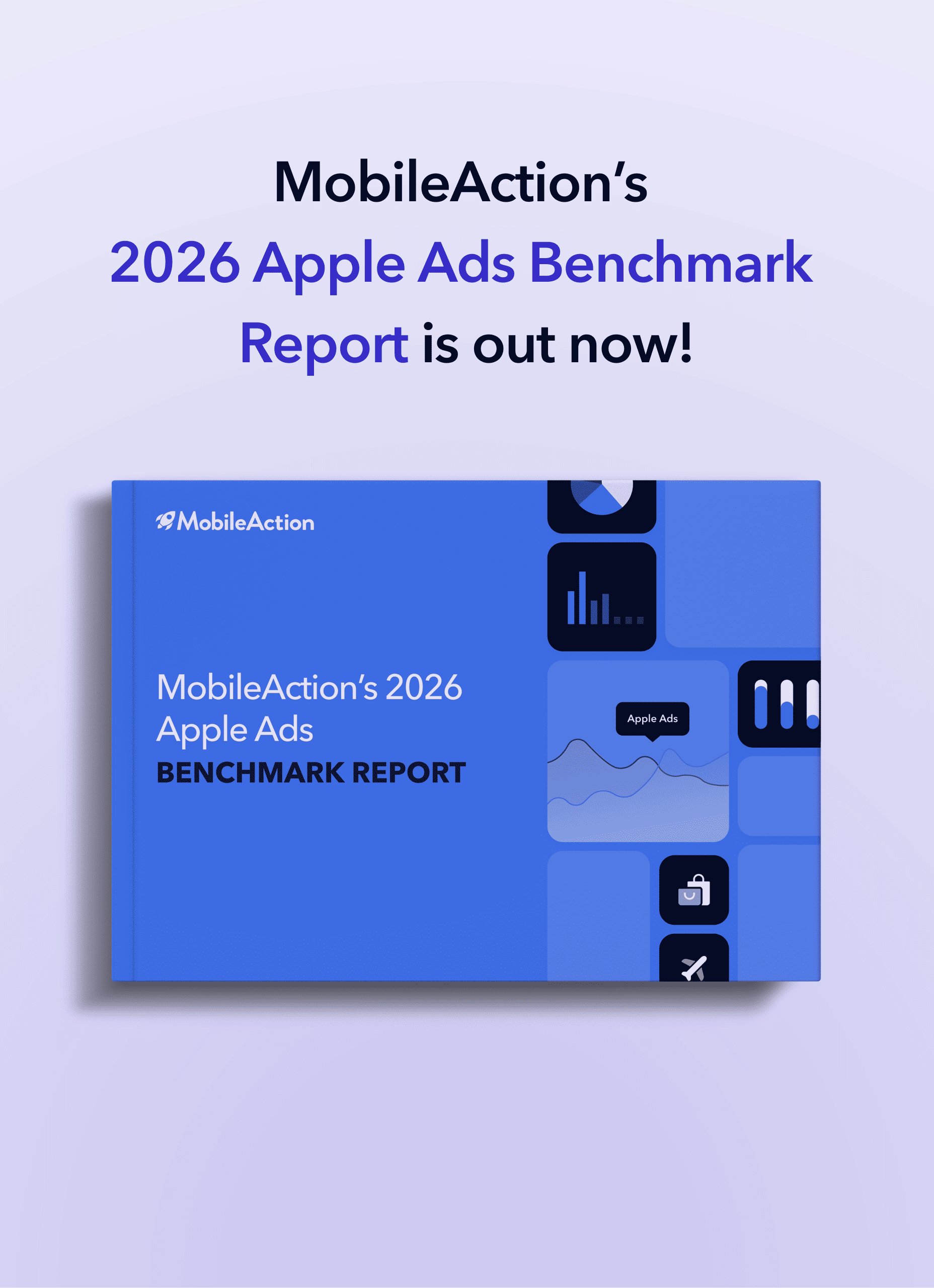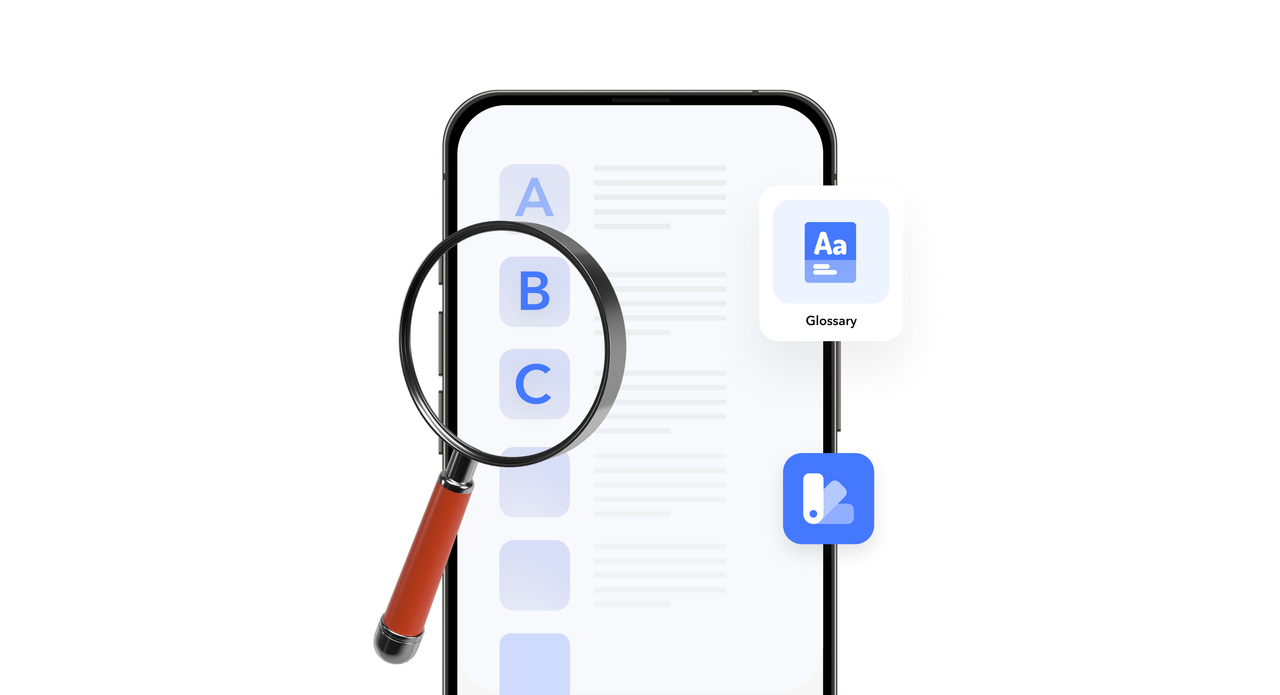Looking to boost your app's visibility and acquire more users? Our 2025 ASO Report is your ultimate guide to navigating the evolving app store landscape. Packed with data-driven insights, keyword trends, and top-ranking app strategies, this report will equip you with the knowledge to optimize your app's presence and achieve organic growth.
Semantic keywords help you expand your reach to the full range of searches connected to your app’s features, value, and user intent. If you’re trying to understand what is semantic keywords in ASO, think of them as a way to make your app visible in every meaningful search space around your topic, not just the main keyword you target.
What are semantic keywords?
Semantic keywords are search terms that are closely related in meaning, intent, or context to your main keyword. When someone searches in the App Store or Google Play, they rarely type one fixed phrase. Instead, they use variations, synonyms, and intent-driven terms. What is semantic keywords refers to these supporting terms that help search algorithms understand what your app is about.
For example, if your core keyword is “meditation app”, semantic keywords can include “mindfulness app,” “guided breathing,” “stress relief,” and similar phrases. These terms don’t repeat “meditation app” exactly, but they help the store understand the full context of what your app offers.
Semantic keywords vs traditional keywords
Traditional keywords rely on exact matches. If your metadata includes “meditation,” you’re targeting searches for that word directly. But that approach misses related terms like “mindfulness” or “relaxation app.”
Semantic keywords broaden your discoverability by matching to queries that are topically related, even if the phrasing is different.
Why semantic keywords matter in ASO?
Semantic keywords are increasingly important because Google Play and App Store search algorithms try to understand intent, not just exact phrasing. When your metadata includes terms that cover the broader context of your app, you increase the chances of ranking for more related queries.
For example:
- Users who search “sleep sounds,” “anxiety relief,” or “better focus” may all be strong intent matches for a meditation app.
- A budgeting app may match “expense control,” “bill reminders,” or “money management tips.”
Semantic relevance strengthens your overall keyword footprint. It also improves your chances of ranking for long-tail searches that competitors may miss.
With MobileAction’s Keyword Inspector, you can see related terms around your main keyword and evaluate their volume and competition. With Competitor Keywords, you identify semantic keywords competitors rank for that you don’t.
How semantic keywords work in app store search?
App store algorithms try to understand user intent and match it with the most relevant apps. Semantic keywords help by allowing the app store to recognize related queries (e.g., “guided sleep stories” → “sleep meditation”), place your app in the right topic cluster, and strengthen relevance across app keyword fields on both iOS and Google Play. This increases your chances of appearing for more intent-based searches.
How to find semantic keywords for your app
You can find the right semantic keywords by combining user intent research, competitor analysis, and store data. A practical approach includes:
1. Start from your core value and main keywords
Clearly define your main 3-5 keywords (e.g., “meditation app,” “sleep sounds,” “focus music”). Ask:
- What problems do we solve?
- How would users describe these problems in their own words?
These answers will suggest first-level contextual keywords.
2. Analyze competitor metadata
Look at top-ranking competitors for your main terms. Review app titles and subtitles, short and long descriptions, screenshots and captions.
Note the recurring phrases that describe features or outcomes (e.g., “reduce stress,” “sleep deeper,” “daily streaks,” “budget your money”).
You can use MobileAction’s Metadata Optimizer to compare these phrases with your own draft metadata and see which semantic keywords competitors rely on that you haven’t used yet.
4. Look at real user language
Read your app reviews and Q&A, check competitor reviews, look at search suggestions in the app store when you type a main keyword.
This is where you find natural language searches like “app to sleep fast,” “track my daily habits,” or “split bills with friends” that can become contextual keywords.
5. Prioritize by relevance and impact
Not every related phrase should be used. Choose semantic keywords that clearly match your core features, have meaningful search volume and are not misleading or off-topic.
Frequently asked questions
Where to use semantic keywords in your metadata
Use semantic keywords naturally across all metadata.
On the App Store, place your core keyword in the title, add related phrases in the subtitle, and fill the hidden keyword field with extra semantic terms. Write your promotional text and description using natural sentences like “sleep better” or “reduce stress.”
On Google Play, include your main keyword plus a semantic variation in the title, use intent-focused phrases in the short description, and weave semantic keywords throughout the long description.
Across both stores, add them to screenshot captions, video text, and update notes when relevant, always naturally, without forcing repetition.
What is an example of a semantic keyword?
Semantic keywords are terms related in meaning or intent to your main keyword. For a “meditation app,” examples include mindfulness, guided breathing, and stress relief. For a “budget tracker,” examples include expense control, bill reminders, and budget management. For a “language learning app,” examples include vocabulary practice, grammar lessons, and speaking exercises.
Related terms
Looking to boost your app's visibility and acquire more users? Our 2025 ASO Report is your ultimate guide to navigating the evolving app store landscape. Packed with data-driven insights, keyword trends, and top-ranking app strategies, this report will equip you with the knowledge to optimize your app's presence and achieve organic growth.






























